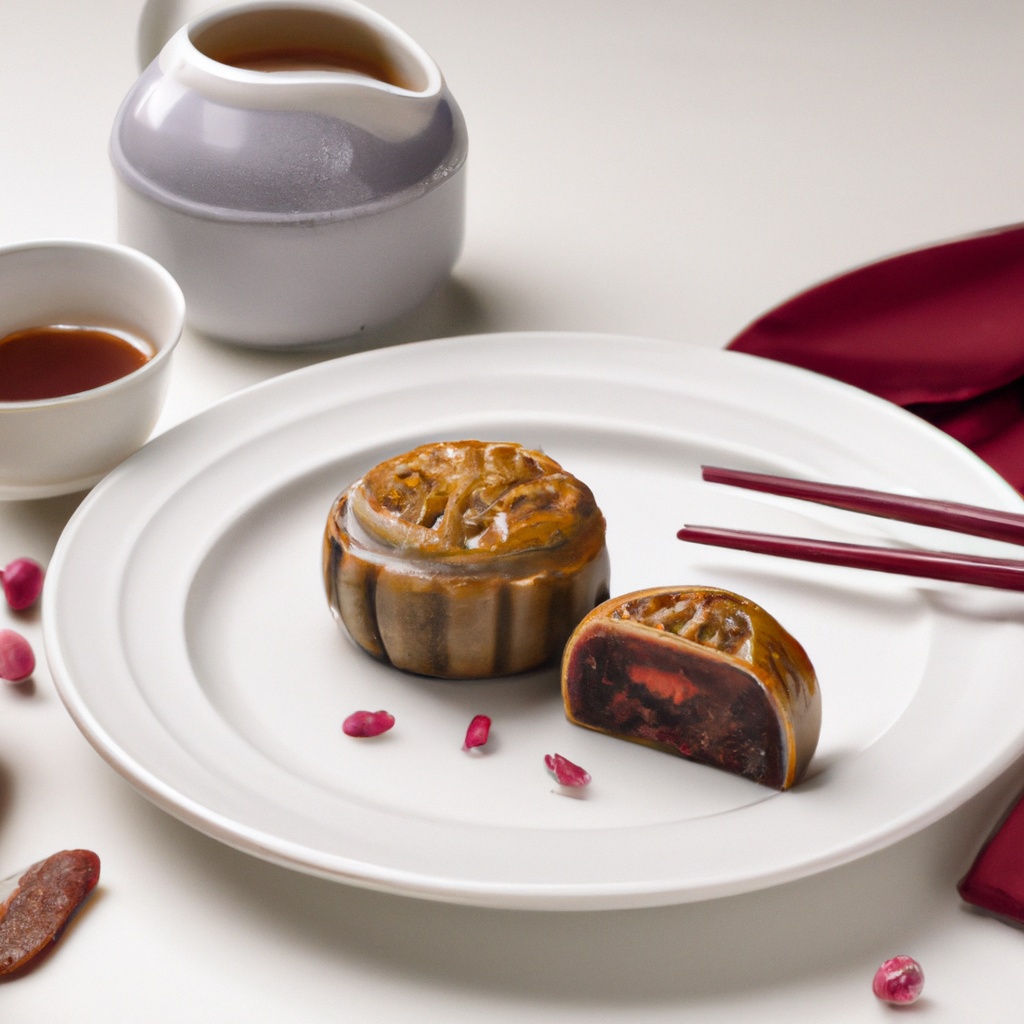PROS
Adzuki Mooncakes are a traditional Asian dessert enjoyed during the Mid-Autumn Festival.
They are sweet and flavorful, and contain high amounts of protein and fiber due to the adzuki beans.
CONS
These pastries contain high amounts of sugar and fat, and should be enjoyed in moderation.
They are also somewhat labor-intensive to make.
HEALTH & BENEFITS
Adzuki beans used in this recipe are a good source of protein and fiber, making them a healthy addition to any diet.
They are also rich in iron, magnesium, and potassium, and have been linked to reducing the risk of heart disease and diabetes.



/rating_off.png)
Leave a Reply